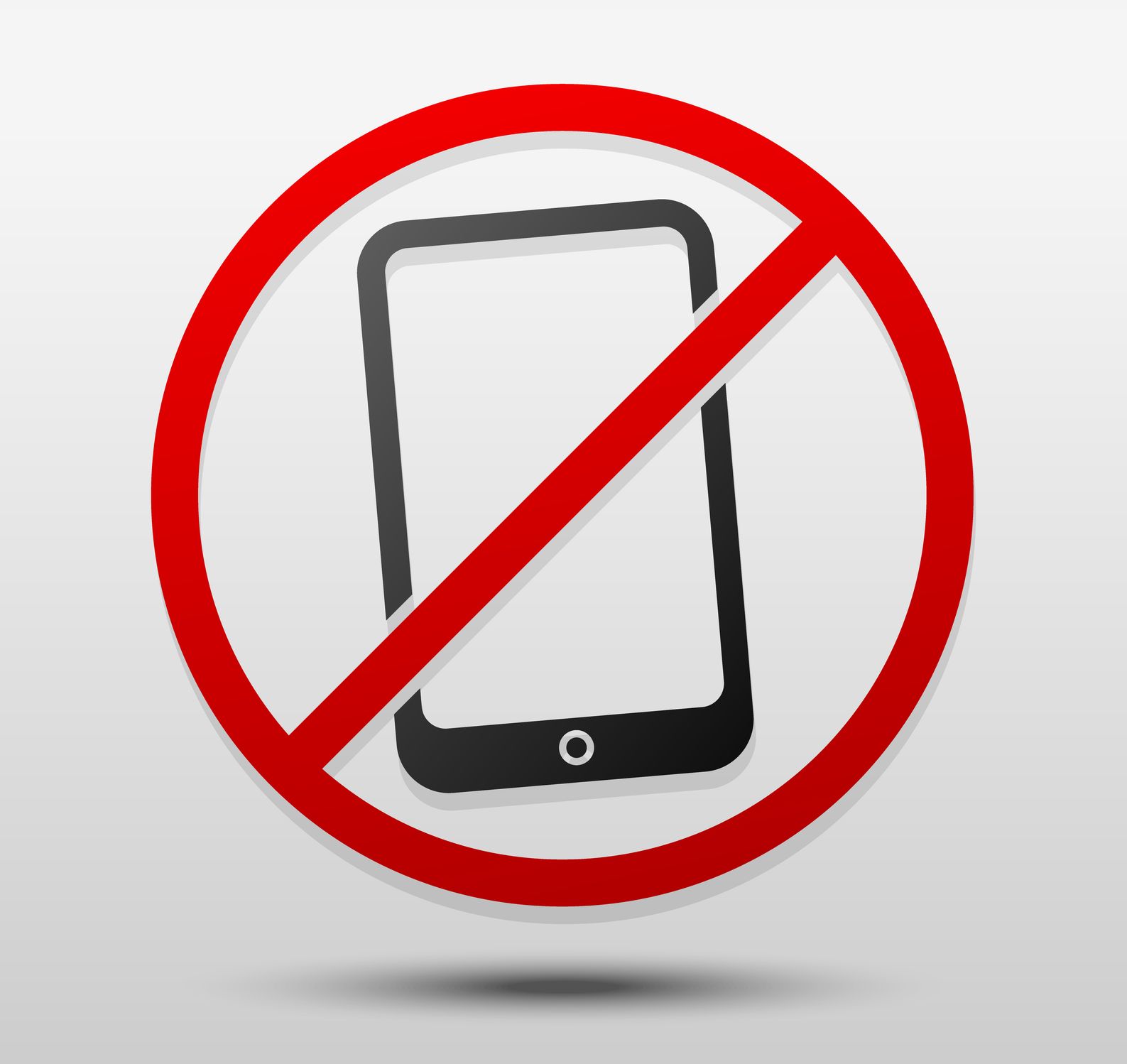
Put the Phone Away
 By: Laura Meherg
By: Laura Meherg “That lawyer does not take on each problem by rote but brings a renewed activism and discipline to the need to find the solution. That lawyer ‘listens’ rather than just ‘hears.’”
–Client interviewed by Wicker Park Group
While hearing and listening both require using our ears, the words have very different meanings. Listening requires actively trying to understand something. Listening is intentional. Hearing is being aware of the sounds reaching your ears but not necessarily paying attention to them. You can’t control what sound you hear but you can decide whether or not to listen to the sound.
In this world of endless distractions, attempts at multi-tasking and information overload, listening skills are declining. While technology can enhance our ability to stay connected and communicate, our over-reliance on it is actually damaging our face-to-face interactions. According to Sherry Turkle, an M.I.T. professor and the author of Reclaiming Conversation: The Power of Talk in a Digital Age, “Studies of conversation both in the laboratory and in natural settings show that when two people are talking, the mere presence of a phone on a table between them or in the periphery of their vision changes both what they talk about and the degree of connection they feel. People keep the conversation on topics where they won’t mind being interrupted. They don’t feel as invested in each other. Even a silent phone disconnects us.”
The clients we interview all want and need the same things from outside counsel:
- Solve their problem
- Make their lives easier
- Be pleasant to work with
To achieve those three things, outside counsel must first fully understand the problem and related issues to solve, what complicates the client’s life and how they want to work with you. The only way to achieve that understanding is through active listening.
As we approach the final quarter of the year, it is a great time to schedule a face-to-face “year ahead, year in review” meeting with your key clients to review outstanding issues and matters, seek feedback on performance and plan for 2016. Be sure to remember these tips to be a better listener:
- Be fully present
- Limit distractions and put technology out of site
- Position yourself to face the speaker
- Make eye contact
- Take notes
- Ask open-ended questions
- Don’t interrupt, judge or offer solutions
- Listen 85% of the time and ask questions or summarize key points 15% of the time
- Ask follow-up questions to demonstrate understanding
- Demonstrate empathy
- Pay attention to body language